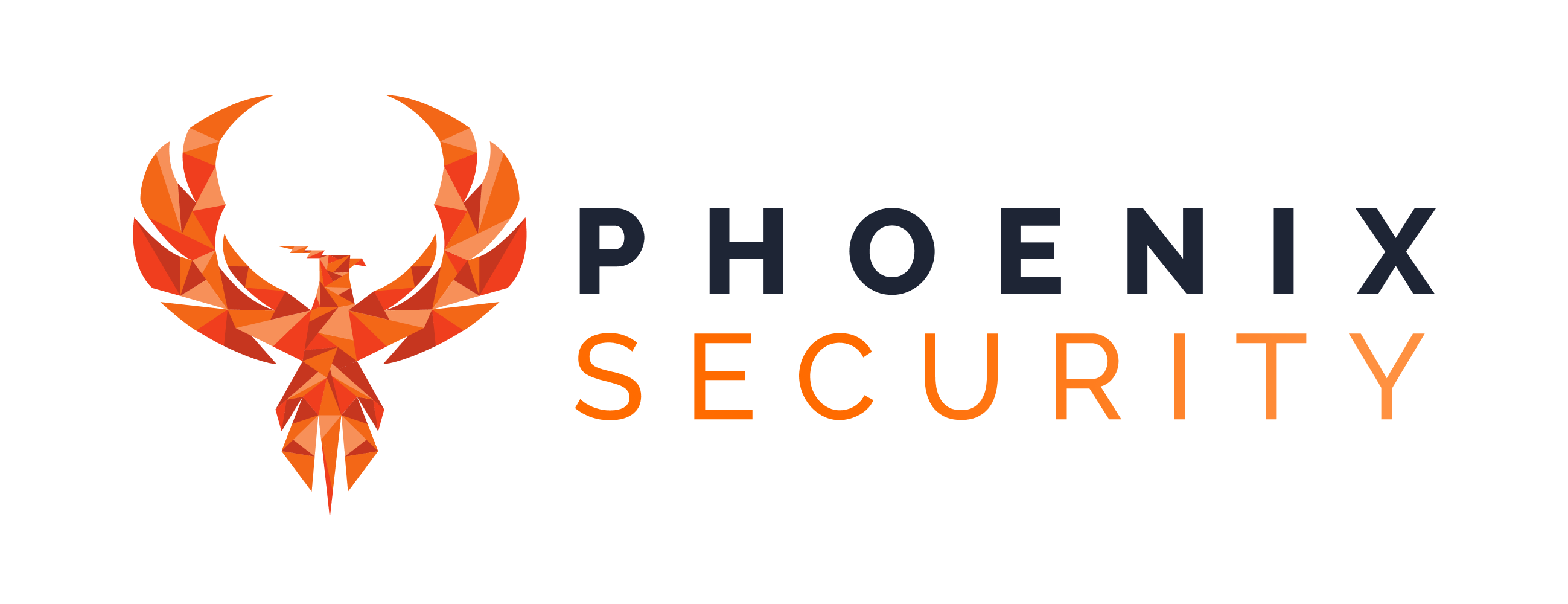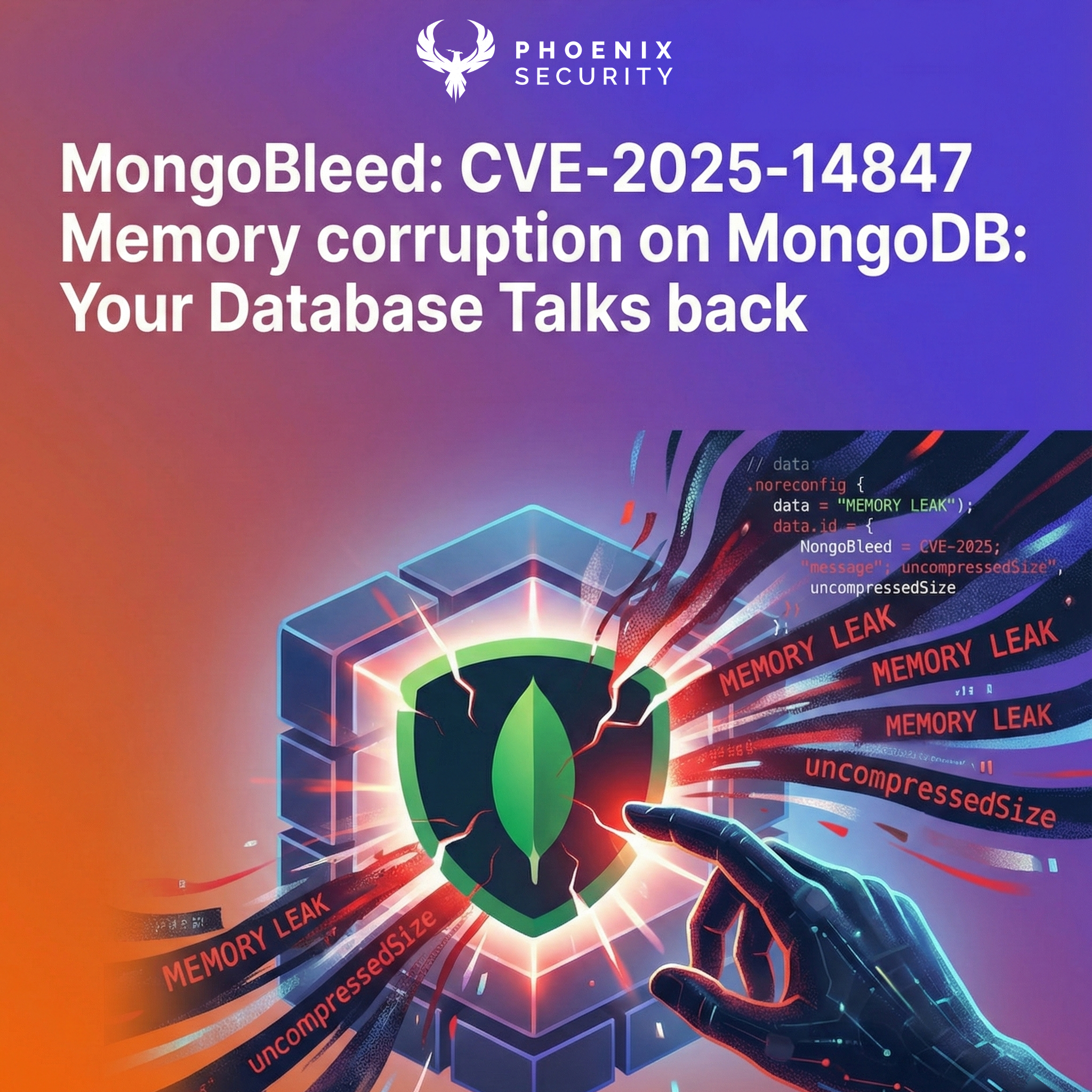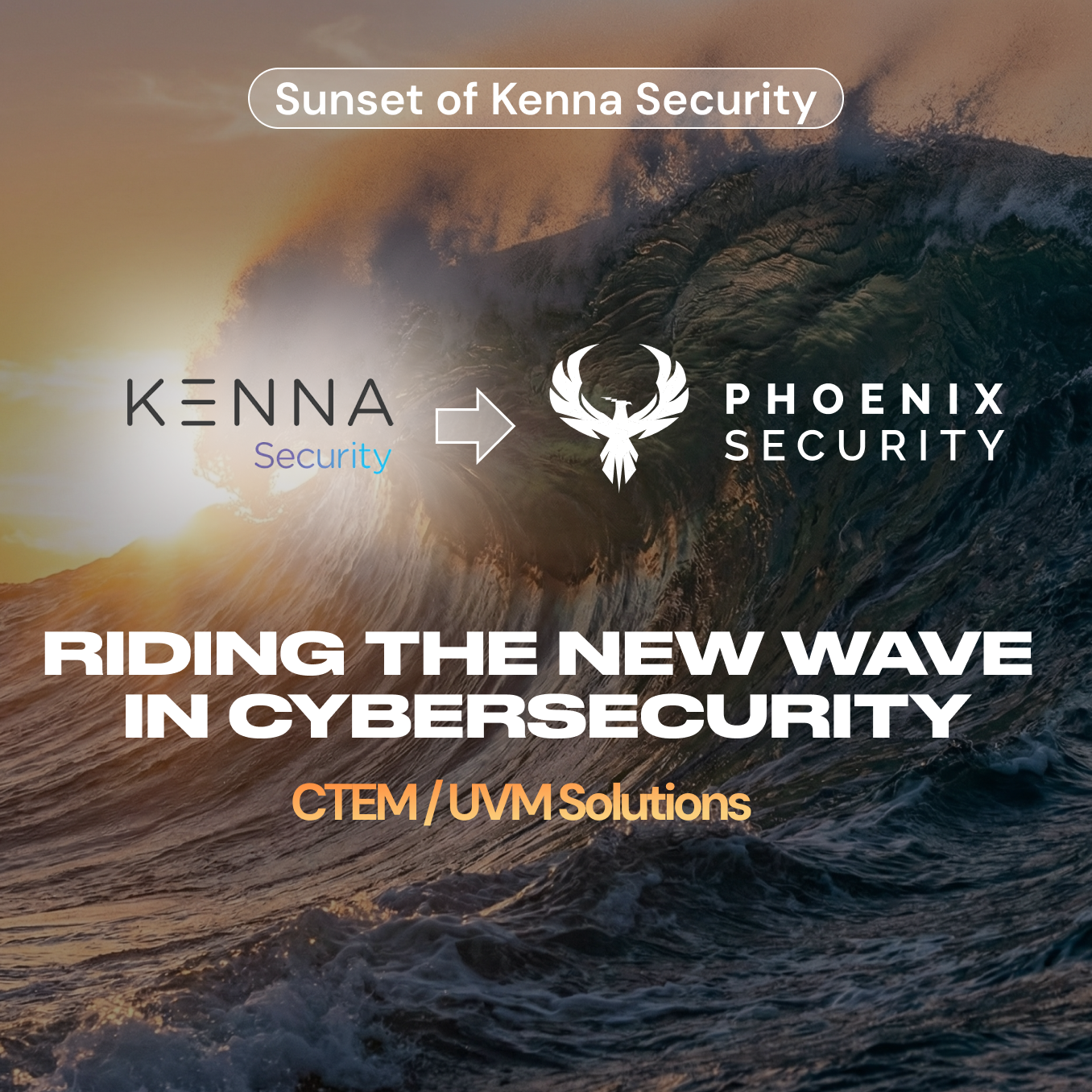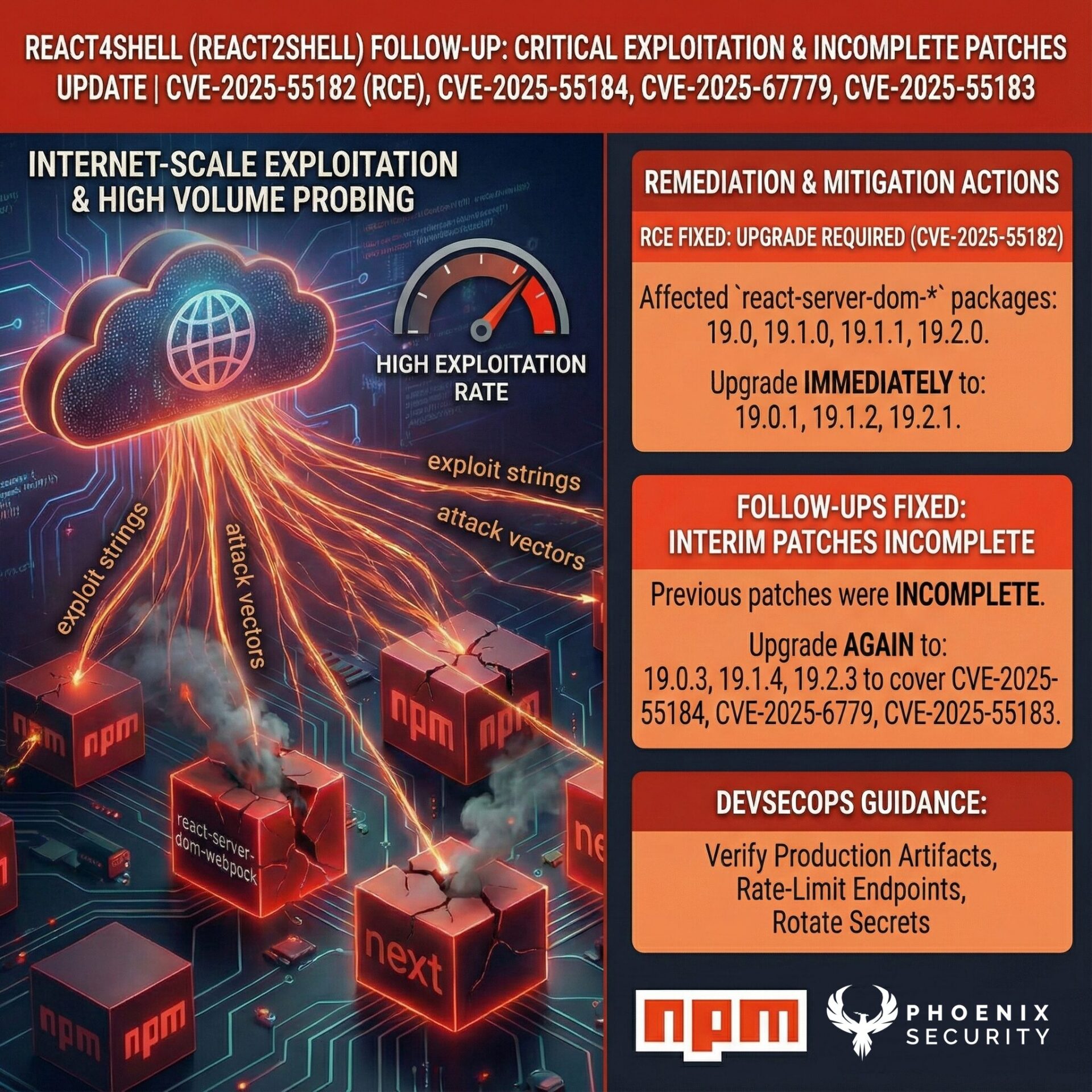The smart software security platform launched V3 to help clients contextualize, prioritise cybersecurity threats and act on risk risks that matter most faster

“We are proud to release V3 of our powerful platform, accelerating our mission toward prioritization and reduction burnout helping security and developers to focus on the vulnerabilities that matters”
Francesco Cipollone
LONDON, LONDON, ENGLAND, January 16, 2023/EINPresswire.com/ — Phoenix Security, formerly known as Phoenix Security is excited to announce the launch of V3 of its smart software security platform, designed to provide contextualized, prioritized cybersecurity threat and vulnerability management. By leveraging artificial intelligence and one of the most advanced risk formulas in the cybersecurity space, the Phoenix Security platform helps clients secure their systems from code to cloud and optimize the use of their security professionals.
V3 introduces new features that enhance team visibility and further streamline vulnerability management. The platform now includes automatic and configurable contextual rules that help teams quickly identify and prioritize the most pressing vulnerabilities. Additionally, the platform now automatically assesses cloud, application, and endpoint security, providing an even more comprehensive view of an organization’s cybersecurity posture.
The Phoenix Security platform is powered by real-time risk data that allows clients to resolve risks in weeks rather than months. Its rich data environment also promotes cross-organization collaboration between security teams and developers, reducing pressure on security teams and enabling them to focus on strategic changes that deliver value. With its vulnerability detection and prioritization features, Phoenix Security saves cybersecurity teams time and money while helping to prevent costly and reputation-damaging breaches.
Francesco Cipollone, the founder of Phoenix Security, is a thought leader in the smart security sector and has founded and invested in several cybersecurity start-ups throughout his career. He has also been involved with the Cloud Security Alliance and is the Chapter Chair of the organization’s UK and Ireland chapters. Cipollone hosts the Cyber Security & Cloud Podcast, where he and his guests explore current issues affecting the cloud and cyber universes.
Francesco Cipollone was tired of the status quo; his team was constantly burning out, triaging vulnerabilities and manually parsing information from multiple reports. The team that founded Phoenix Security established a series of automated triage, leveraging insights internally and externally to prioritize the vulnerabilities and always work on what was more important. With that technique, the team could interact better with the developers, report risk and quantification to the management and focus on strategic changes that deliver value for time spent.
“We are proud to release V3 of our powerful platform, which simplifies complex cybersecurity challenges for companies in all sectors,” said Cipollone. “The new features in this release, including team visibility and automatic assessment of cloud, application, and endpoint security, provide even more value to our clients and help them stay ahead of potential threats.”
With the power of real-time risk data in hand, Phoenix Security clients can resolve risks in weeks, not months, without the platform’s insights. The rich data environment also promotes cross-organisation collaboration, especially between security teams and developers, and reduces pressure on security teams. Clients using Phoenix Security also gain the ability to clearly and consistently report risks thanks to Phoenix Security’s precise risk visualisation capabilities, which can help security teams communicate more effectively with company leadership regarding risk status and promote buy-in when it comes time to upgrades to systems and software.















